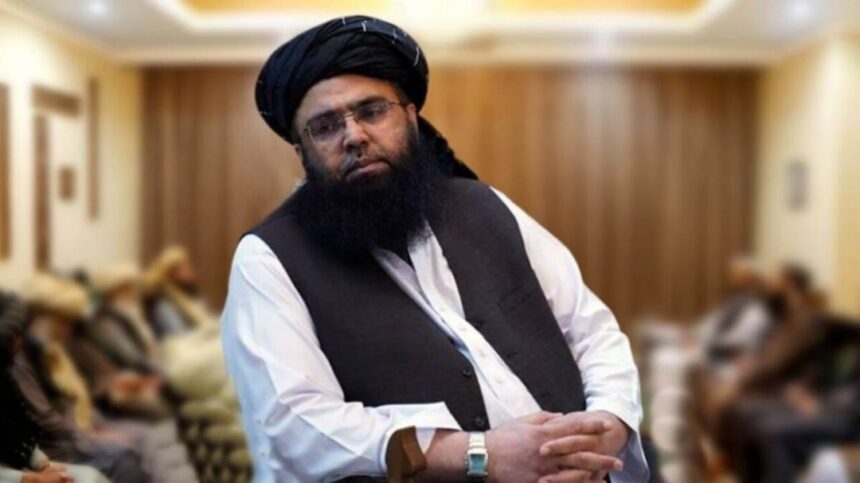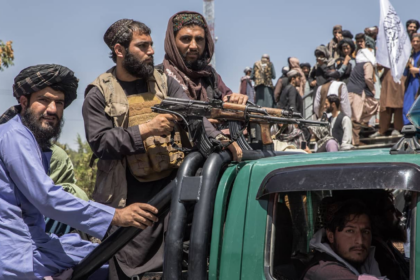RASC News Agency: Four days have passed since Abdul Kabir, the former Political Deputy to the Taliban’s Prime Minister, was appointed as the Acting Minister of Refugees and Repatriations. Yet, no official announcement has been made regarding the commencement of his duties. Analysts attribute this delay to internal power struggles between the Haqqani Network and the Kandahari faction of the Taliban. Abdul Kabir was named as the successor to Khalil-ur-Rahman Haqqani, the former Minister of Refugees, on January 9, 2025. This appointment followed a month after Khalil Haqqani’s assassination in a suicide attack in Kabul. Although the Taliban declared that Kabir’s appointment was made on the orders of their leader, Hibatullah Akhundzada, there has been no confirmation of his formal assumption of office.
Zabihullah Mujahid, the Taliban spokesperson, stated, “By this decree, the former Political Deputy to the Prime Minister, Mawlawi Abdul Kabir, has been appointed as the Acting Minister of Refugees and Repatriations.” However, some analysts contend that the delay in Kabir’s formal inauguration stems from an ongoing power struggle between the Kandahari leadership and the Haqqani faction. Najibullah Azad, a professor at the University of Wisconsin, noted, “In the Taliban’s governance structure, no official is appointed without the direct approval of Hibatullah Akhundzada. However, the underlying issue here revolves around power-sharing.
The Ministry of Refugees has been a critical stronghold for the Haqqani Network, serving as a strategic base to expand their influence over the past three years. The Haqqanis are reluctant to relinquish control to figures like Abdul Kabir, who is closely aligned with the Kandahari faction.” He further explained, “These disputes over power distribution have caused the delay in officially announcing Kabir’s assumption of office.” Abdul Kabir, a native of Baghlan Jadid district and a Pashtun settler, has predominantly resided in Paktia province. According to sources, Kabir enjoys strong ties with the Haqqani Network. After the Taliban regained power, he was appointed as the Political Deputy to the Prime Minister, operating out of the Sapidar Palace.
The Ministry of Refugees, widely regarded as a Haqqani stronghold, was led by Khalil-ur-Rahman Haqqani, the uncle of Sirajuddin Haqqani, for the past three years. Khalil-ur-Rahman was assassinated on December 12, 2024, in an attack claimed by ISIS-Khorasan. Amid these tensions, the Taliban’s spokesperson released excerpts of a speech by Kabir, where he appeared to downplay the existence of any internal discord, stating, “Today, I am here; tomorrow, another devout Muslim will take my place and serve even better than I can.” However, this statement failed to dispel doubts about the persistent factional conflicts.
The delay in Abdul Kabir’s formal assumption of office underscores deeper challenges within the Taliban’s power structure. These ongoing factional rivalries, particularly over authority and influence, are likely to hinder governance and exacerbate operational inefficiencies in the future.






